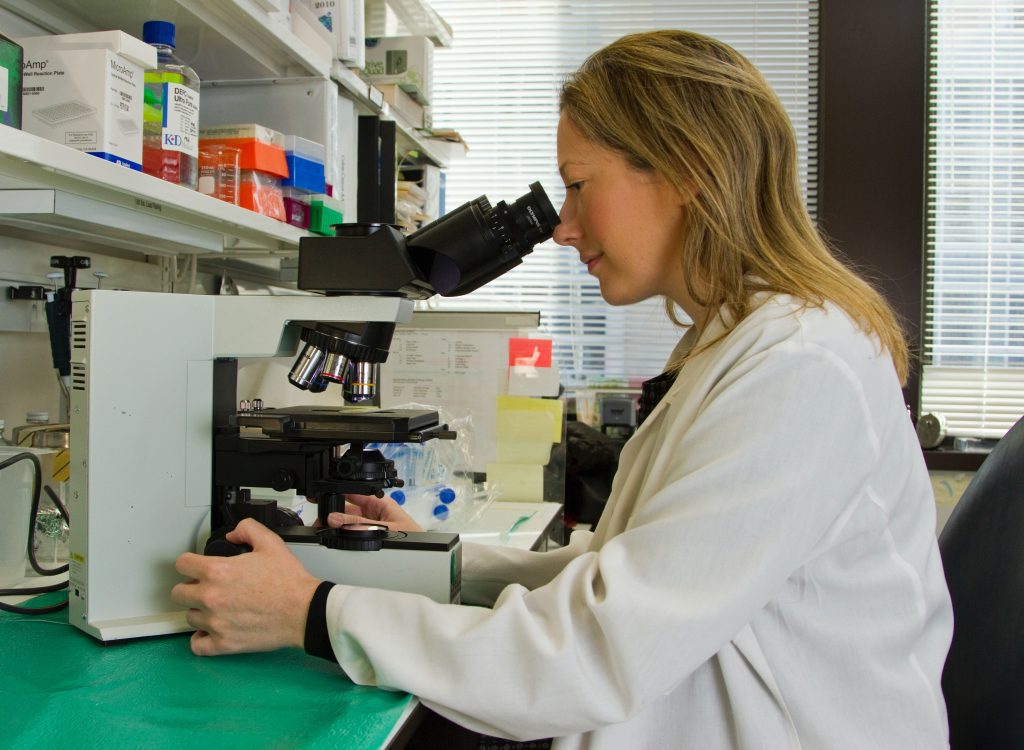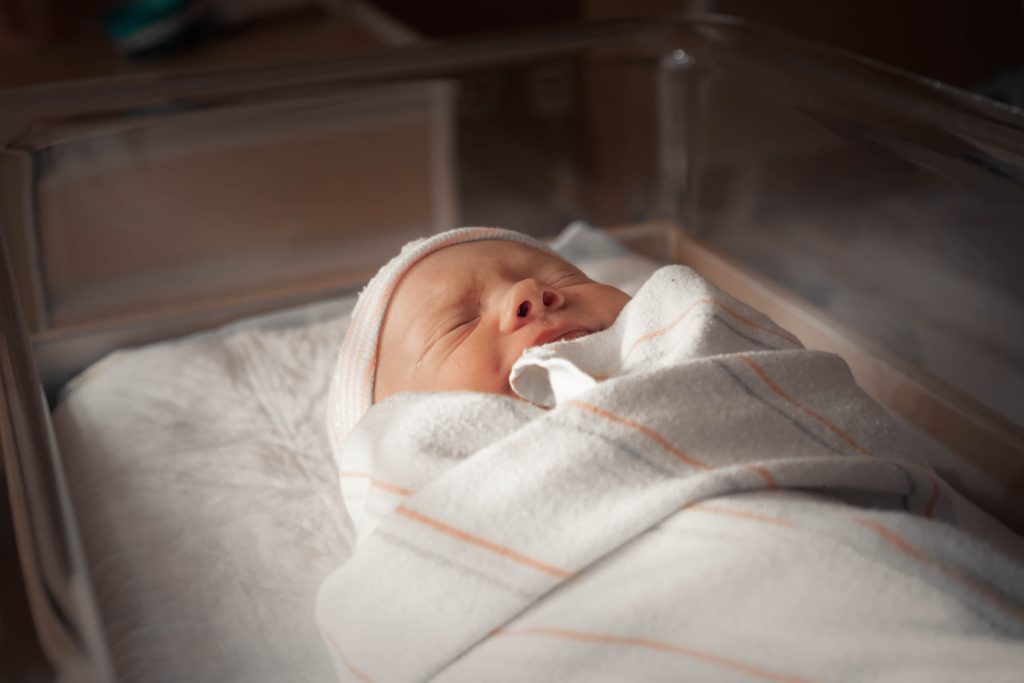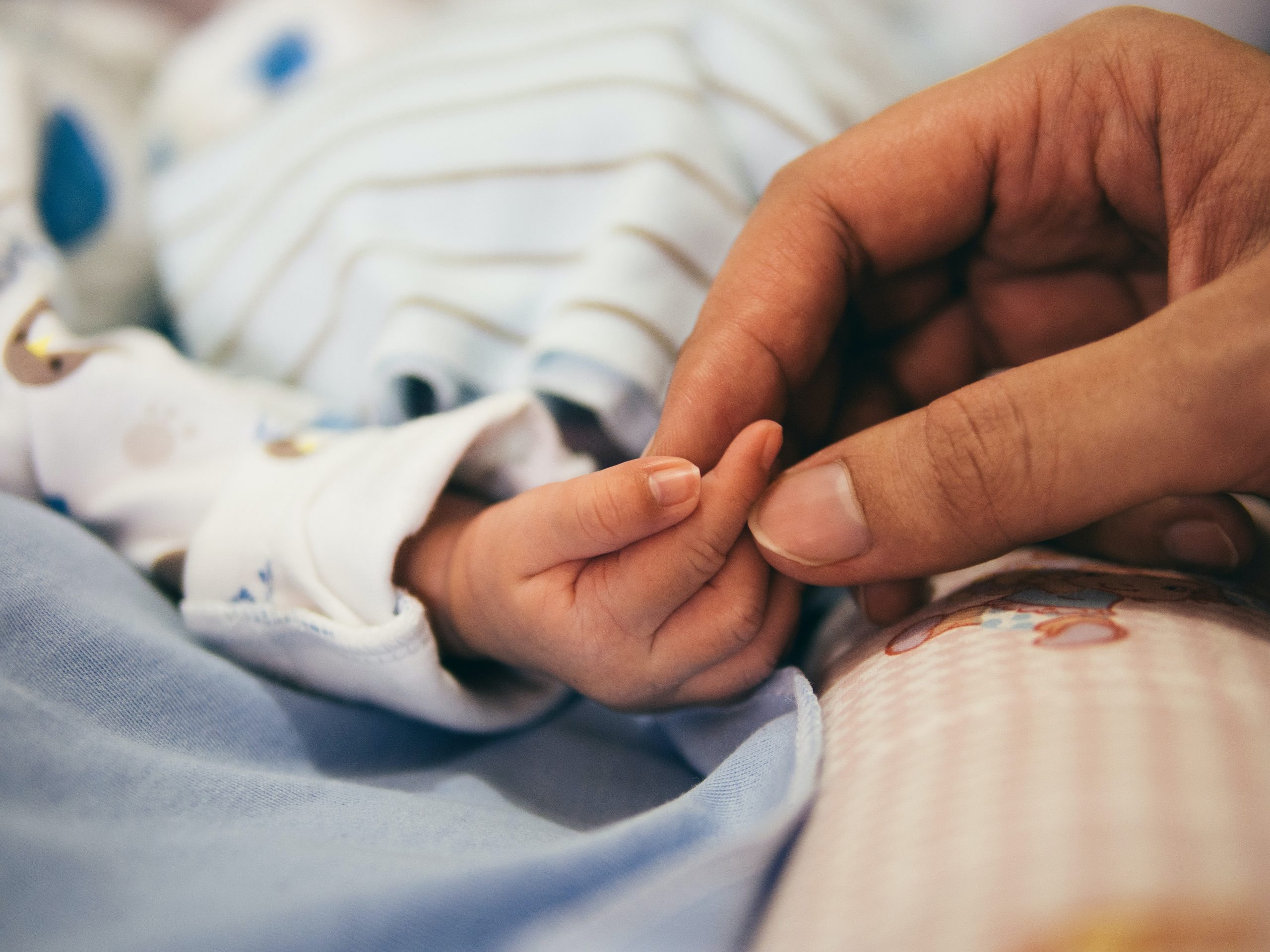Yes. Earlier this week, Wired Magazine published a damning story about how a public records lawsuit by the New Jersey Monitor revealed that New Jersey State Police recently used a newborn’s blood sample to investigate the baby’s father in connection with a sexual assault from the 1990s.
As Wired Magazine’s Emily Mullin explains, “If you were born in the United States within the last 50 or so years, chances are good that one of the first things you did as a baby was give a DNA sample to the government.” On paper, these blood samples seem unremarkable. The idea is that the Department of Health will test these blood sample to screen for certain diseases.
But, as this example from New Jersey makes clear, those blood samples have also created a nationwide DNA database that law enforcement has at its disposal. And cops in New Jersey aren’t the only ones using baby DNA to investigate crimes.

Mullin also cites an investigation by CBS 13 in Sacramento that revealed that cops in California have obtained these DNA from these baby blood samples through at least five search warrants and four court orders before doing so in the “Golden State Killer” case. And, according to CBS 13, law enforcement has solved at least one case using DNA from these baby blood samples.
Another example Mullin points to is from 2016 when San Francisco police used DNA from a victim’s rape kit to charge her with a felony for an unrelated burglary. Chesa Boudin, the city’s District Attorney at the time, dropped the charge, stating that the use of her DNA from a rape kit violated her Fourth Amendment right against unreasonable searches and seizures. Boudin has since been replaced after a controversy-filled recall campaign.
Isn’t this a huge violation of your right to privacy?
Wired Magazine’s reporting comes at a time when Americans are interested in the dynamic between their privacy rights and government searches. On the one hand, we’re seeing government searches employed to investigate and prosecute women and physicians now that the United States Supreme Court has overturned Roe v. Wade and some states have criminalized abortion.
On the other hand, we’re also seeing a sudden interest in government searches by some politicians because of the FBI’s search at Mar-a-Lago as part of a criminal investigation involving government records that former President Donald Trump kept and refused to return after his presidency ended more than a year and a half ago.

If either of these stories caught your interest over the past few weeks, this story should do the same — and, frankly, should probably catch your interest even more. Most of us who are parents have probably forgotten about that small pin prick our children got in the hospital when they were born. But the fact that you may have forgotten doesn’t mean the government does the same.
Instead, as you’re reading this, the government could be using your son’s or daughter’s blood sample to investigate you for a limitless list of crimes over the past few decades. As Jennifer Sellitti, an attorney with the Office of the New Jersey Public Defender, which represents the New Jersey father told Wired Magazine, “This is like a dystopian onion. Every time we peel back another layer, we find some new violation of privacy.” She’s right.






